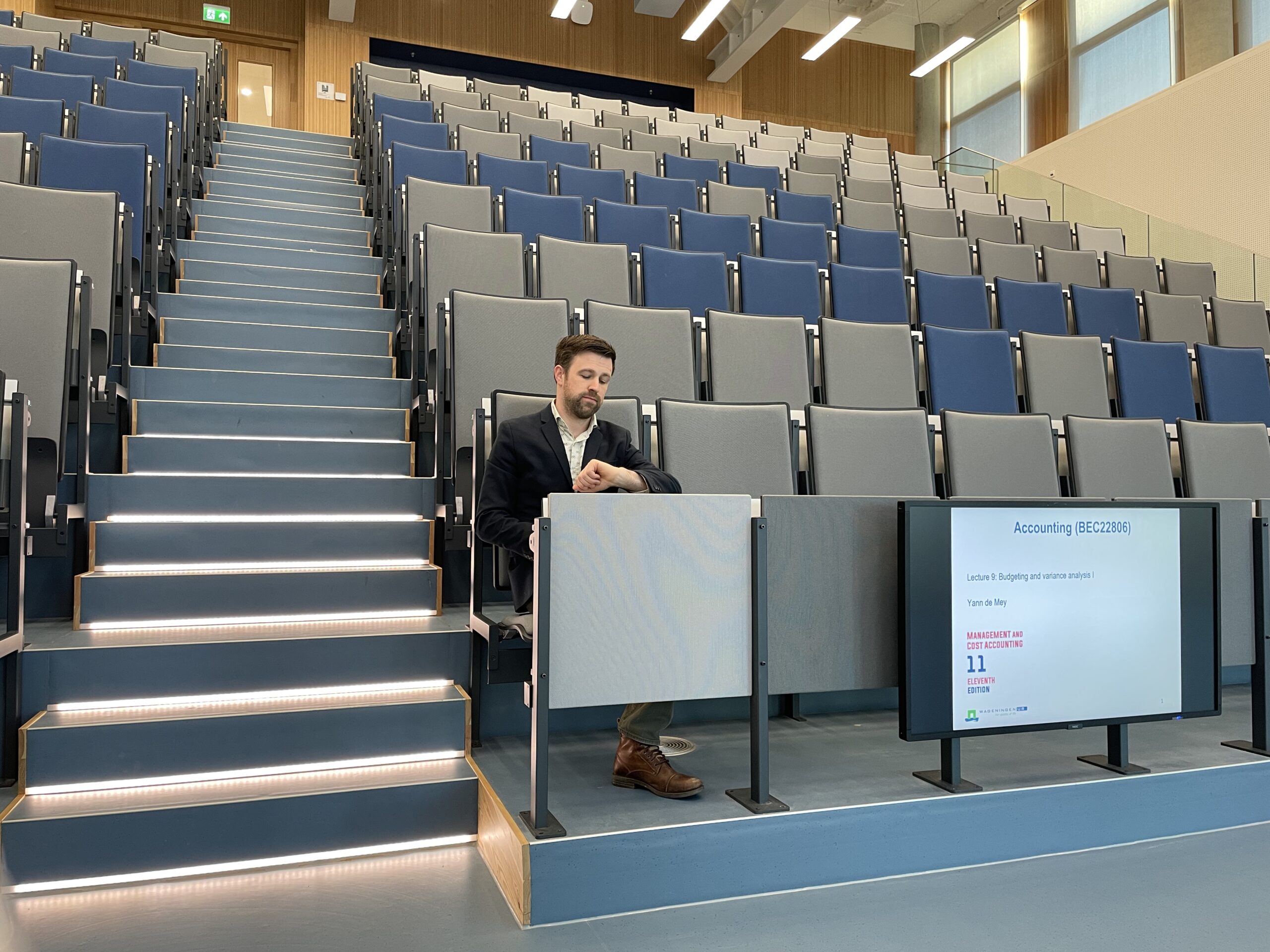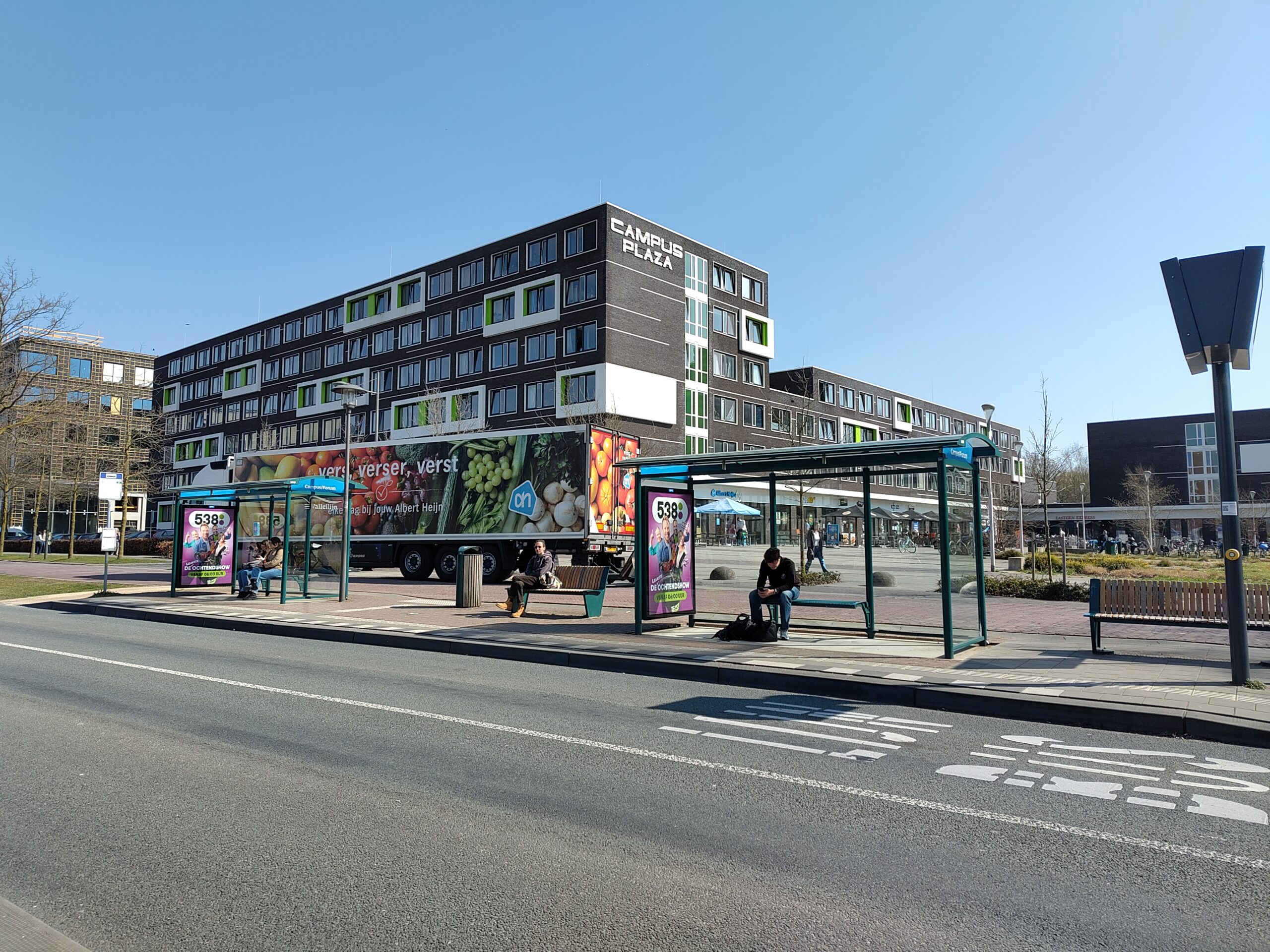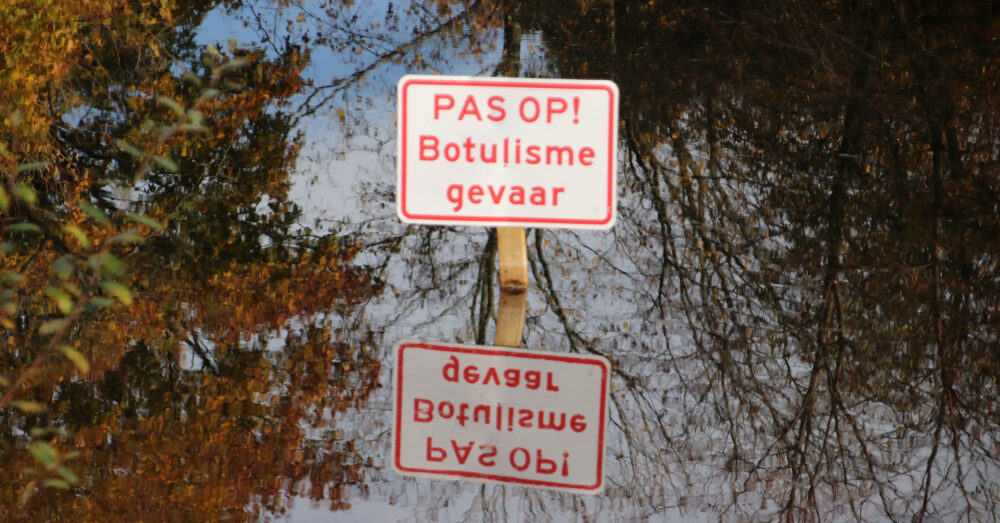The campus already looks a lot livelier than it did just after the lockdown. But the lecture halls are still not full, say lecturers from Wageningen.
More than 100 students register for ‘your’ course. You factor in a few dropouts, because there always are some. But you obviously book a large lecture hall. You also ask for not one but two student assistants, so that your students get exactly the kind of personal support everyone so sorely missed during the lockdown.
So it’s a bit disappointing when only 15 students show up for the first lecture, and no more than 20 for the practical sessions. There you are then, in an awkwardly empty lecture hall… Yann de Mey, associate professor of Business Economics, knows how it feels. And he is not the only one. Lecturers from WUR and from other universities have found themselves with emptier classrooms than expected since the latest return to campus education.
Was it hard to take that meagre interest in your live lectures?
‘My pride was a little hurt, yes. But then again, I was a student once too; I can imagine the reasons for not coming to lectures. That it felt uncomfortable was mainly to do with expectations. If I suspect in advance that there is not much enthusiasm for live lectures or practical sessions, then I take a different approach: I plan a shorter session for the students who appreciate personal contact, and the rest can do it at their own pace. That is generally fine by me, it just wasn’t what I expected in this period. I had to change my mindset.’
Apart from denting your pride, is the relatively low level of interest in campus education detrimental in other ways? Does it detract from the quality of education, for example?
‘Yes, I think it does actually. The lockdowns have taught us that you can do more through online education than we always thought. For example, I was forced to make my materials more suitable for students to work with independently. It is certainly possible to master the material independently, but that does have an impact on the quality. Like many teachers, I like looking for ways to interact with students. When you respond to their questions you can delve quite deep and really get to the heart of the matter. The dynamics of that are much more limited online. Online education also gives me less of a sense of where the students stand in terms of their level. I can’t see whether they make mistakes and which ones, so I can’t help them to correct them as much.’
Are you worried about the upcoming exam period?
‘No, I still have a lot of faith in my students – they will deal with it and they are used to online education by now. And maybe I miss the connection more than they do; as a teacher, it recharges my batteries. Some academics dread teaching large groups of students and are completely exhausted afterwards. I never have that. My voice gets hoarse, yes, but the interaction with students gives me tremendous energy. And I feel that much less online. The dynamics are just not the same.’
Teachers shouldn’t have to dangle a carrot in front of their students to lure them to the campus
Are you worried about the upcoming exam period?
‘No, I still have a lot of faith in my students – they will deal with it and they are used to online education by now. And maybe I miss the connection more than they do; as a teacher, it recharges my batteries. Some academics dread teaching large groups of students and are completely exhausted afterwards. I never have that. My voice gets hoarse, yes, but the interaction with students gives me tremendous energy. And I feel that much less online. The dynamics are just not the same.’
Do the students know that their teachers miss them so much; have you told them that?
‘I tried to, in a lighthearted way with a jokey message on BrightSpace. Since then, participation has increased a little, but there are still quite a few students who prefer to attend lectures from home.’
Time for compulsory attendance then?
‘Preferably not. Do lecturers really have to dangle a carrot in front of their students to lure them to the campus? That is not our responsibility. Besides, it is at odds with the need for people to stay away because of illness or quarantine.’
So is this just teething trouble as we get ‘back to normal’ again?
‘No doubt there’s an element of that. Campus education is no longer an automatic routine. And because we started 2022 online – against our will, but we had to – we couldn’t create much of a group feeling. Then it can be quite scary as a student to leave your comfort zone at home for a campus you don’t know that well, with people you don’t know very well yet.’
And what if the preference for online classes is permanent?
‘Teaching online gives me less energy and is a waste of the marvelous educational facilities we have here in Wageningen. But I can make my peace with keeping some of the education online.’
Really?! Even when you think back to that big, disappointingly empty Aurora hall?
‘Well, yes, okay – that did feel very strange and a bit sad even. But that was due to a mismatch in expectations. I can definitely handle teaching online as well. But I’m still hoping the lecture theatres will soon be full again.’
Insta poll: 80/20
Most students (80 per cent) prefer campus-based education to the online option (20 per cent). This is evident from a (by no means representative) poll conducted by Resource on Instagram. In the poll, Resource also asked why students prefer campus education. The following advantages of campus education were mentioned: interaction with fellow students, prevents loneliness, easier to ask questions, fewer distractions. The home variant scored points such as ‘because you can pause lectures if your attention wanders’ and obvious reasons such as ‘nicer if you have a hangover’, ‘I don’t have to get up so early’ or ‘don’t feel like cycling to the campus (especially when it rains)’. And also: ‘Because I can knit at home during boring lectures’.

 Zijn de nogal lege collegezalen opstartperikelen van “terug naar normaal”; lopen ze mettertijd vanzelf weer vol? Docent Yann de Mey hoopt het vurig. Foto: Yann de Mey
Zijn de nogal lege collegezalen opstartperikelen van “terug naar normaal”; lopen ze mettertijd vanzelf weer vol? Docent Yann de Mey hoopt het vurig. Foto: Yann de Mey 

